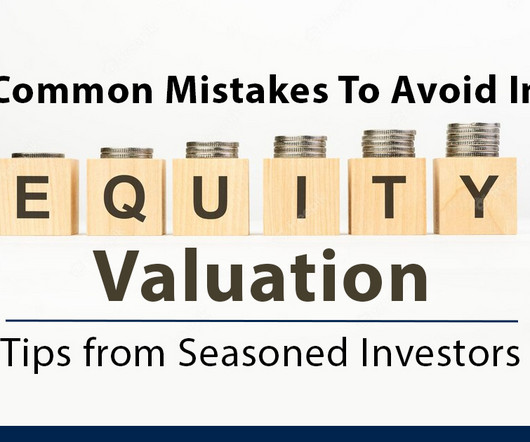A Look at Tax Valuation in Action
Appraisal Rights
JULY 18, 2019
In prior posts, we have explained various valuation concepts, including the discounted cash flow (DCF) and comparable company analyses. The Tax Court considered both a DCF analysis and a comparable companies analysis from two competing experts.





















Let's personalize your content